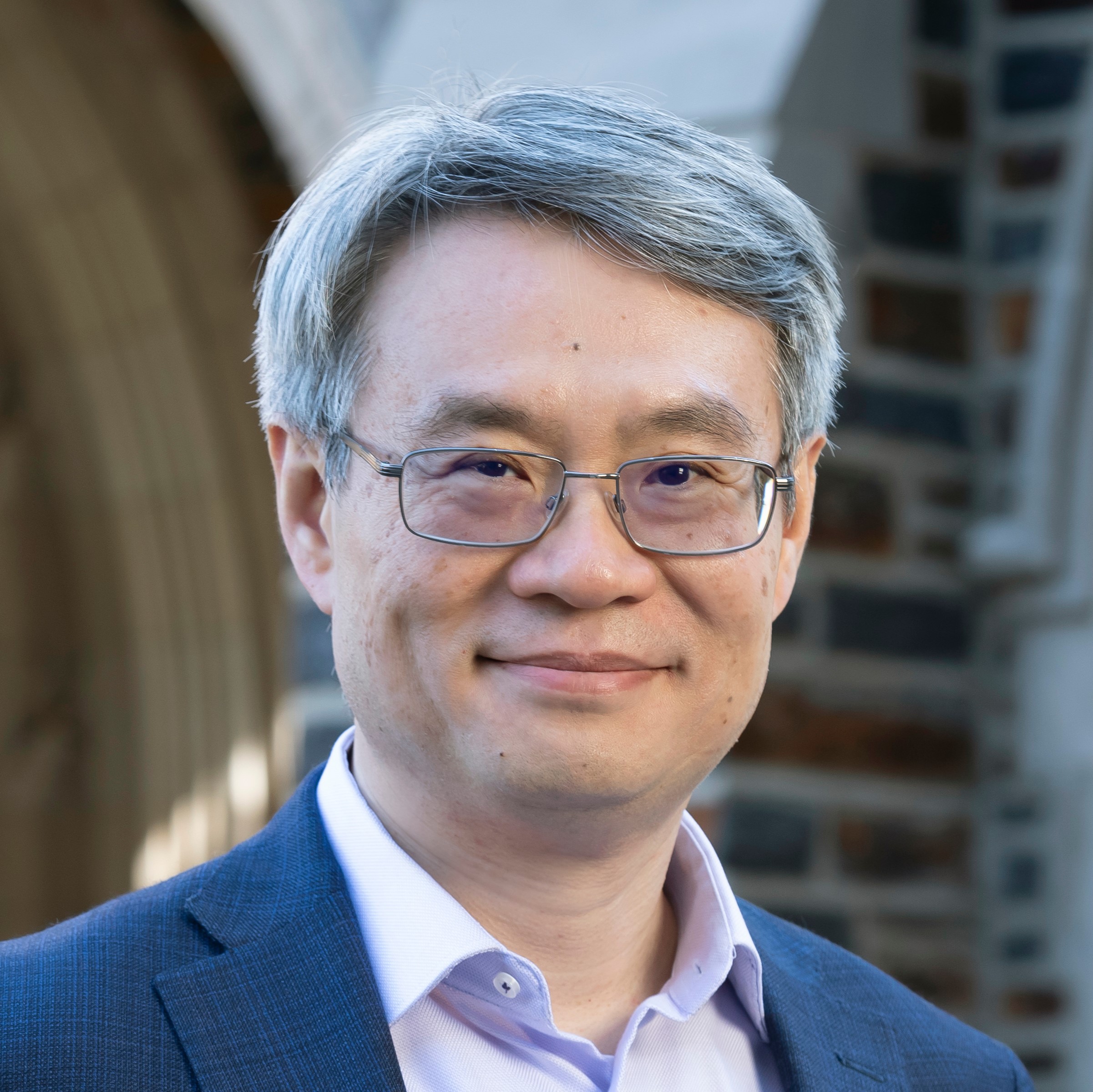
- This event has passed.
ESE Fall Seminar – “Big AI for Small Devices”
September 17, 2024 at 11:00 AM - 12:00 PM
As artificial intelligence (AI) transforms industries, state-of-the-art models have exploded in size and capability. However, deploying these models on resource-constrained edge devices remains a significant challenge. Smartphones, wearables, and IoT sensors face stringent limitations on compute, memory, power, and communication, creating a gap between demanding AI models and edge hardware capabilities that hinders the deployment of intelligence. In this talk, we will re-examine techniques to bridge this gap and embed big AI on small devices. We will begin by discussing how the properties of various hardware platforms impact the design strategies of efficient deep neural network (DNN) models, such as quantization and pruning. Next, we will discuss techniques aimed at reducing the inference and training costs of distributed collaborative edge AI systems. Finally, we will delve into the underlying design philosophies and their evolution toward efficient, scalable, robust, and secure edge computing systems.

Yiran Chen
John Cocke Distinguished Professor of Electrical Engineering, Duke University
Yiran Chen is the John Cocke Distinguished Professor of Electrical and Computer Engineering at Duke University. He serves as the principal investigator and director of the NSF AI Institute for Edge Computing – Athena, the NSF Industry-University Cooperative Research Center for Alternative Sustainable and Intelligent Computing (ASIC), and the co-director of the Duke Center for Computational Evolutionary Intelligence (DCEI). Dr. Chen is the author of over 600 publications and holds 96 US patents. His works have been recognized with numerous awards and honors, including the IEEE Circuits and Systems Society’s Charles A. Desoer Technical Achievement Award and the IEEE Computer Society’s Edward J. McCluskey Technical Achievement Award. He is a Fellow of AAAS, ACM, IEEE, and NAI, and the inaugural Editor-in-Chief of IEEE Transactions on Circuits and Systems for Artificial Intelligence (TCASAI).
